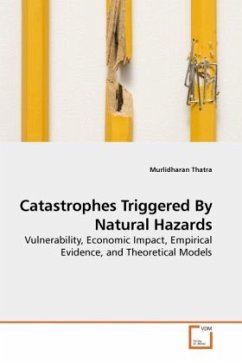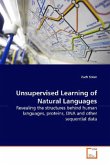Catastrophes disrupt the socio-economic fabric of a community in the short term after an event. This book addresses several questions related to catastrophes. How closely are catastrophes and developmental processes related? How is the post event economic growth related to the losses from catastrophic events? How important and how long lasting are the various effects likely to be? Using theoretical models the effect of sudden changes in capital, and the post-event changes in the productivity and reconstruction are simulated. The results are linked to empirical regularities inferred from a record of socio-economic data from countries belonging to various income groups affected by different types of natural hazards such as earthquakes, hurricanes, and floods. Data and theoretical models emphasize how crucial pre-event conditions are in explaining the fact that some economies do better after an event. This book serves to prove that catastrophe management has to be intimately linked with development policies. Doing so will help communities to emerge as less vulnerable, more productive, and hence economically stronger regions in the long run.
Bitte wählen Sie Ihr Anliegen aus.
Rechnungen
Retourenschein anfordern
Bestellstatus
Storno








